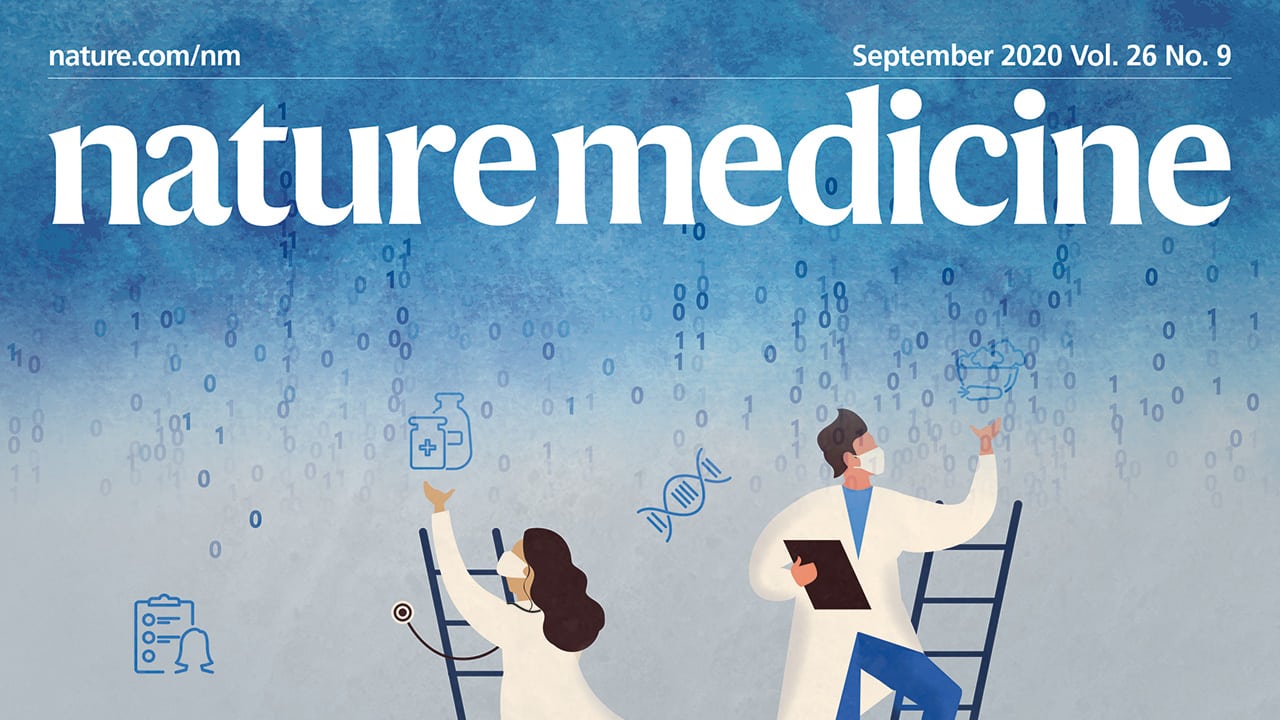by Trisha Thacker
Nearly 1.6 million Americans are diagnosed with Type 1 Diabetes1 and most of them do not achieve their glycemic goals2. This can be attributed to lack of expertise or inadequate time spent by clinicians on analyzing data. There is a high unmet need for more efficient and accessible methods to manage type 1 diabetes, and the Advisor Pro decision-support system provides dosing recommendations to fulfill this. In September 2020, Nature Magazine published a study which showed the Advisor Pro insulin dosing adjustments were non-inferior to those provided by expert physicians. Here is a summary of the Nature Study
What was the study?
ADVICE4U was a six-month randomized controlled study conducted across nations and centers with 108 participants with type 1 diabetes between ages 10-21 years. The goal of the study was to compare the efficacy of insulin dose adjustments given by an automated artificial intelligence decision-based system (the Advisor Pro) with insulin dose recommendations given by physicians. The participants were randomly divided into two groups – half of the participants (n=54) received insulin dose adjustments every three weeks by the Advisor Pro and the other half (n=54) received dose adjustments at the same frequency, but by physicians. The results measured efficacy by comparing the time in range i.e. the percentage of time spent within the target glucose range of 70-180mg/dl between the two groups.
What were the results?
Patient Outcomes:
The results revealed that in terms of the primary target measure of percentage of time spent within the target glucose range of 70-180mg/dl – the Advisor Pro was statistically non-inferior to physicians (P<1e-7). This suggests that the Advisor Pro linked clinical outcomes are on par with those attributed to professional endocrinologists in leading institutes around the world, following frequent titration of insulin treatment plan. In terms of severe adverse events– three diabetes-related adverse events (two severe hypoglycemic episodes and one diabetic ketoacidosis occurrence) - were reported in the physician treated group, while no adverse events were reported by the Advisor Pro patient group.
Physician Satisfaction:
While the AdvisorPro was effective at improving patient outcomes, the study also considered the physicians’ experiences of using this technology. Overall, physicians find the Advisor Pro reliable, easy to use, and eventually highly recommended it to other diabetes clinicians. The study revealed that 96% of endocrinologists thought the Advisor Pro was intuitive and user friendly, while 86% reported that the technology saved them time. The physicians accepted the recommendation made by DreaMed Advisor in 98% of the cases.
What does this mean?
The primary conclusion of the study, which validated that the Advisor Pro is non-inferior to physician recommendations is perfectly summarized by Dr. Stewart A. Weinzimer, a professor of pediatrics at Yale University School of Medicine and an attending endocrinologist at Yale-New Haven Children’s Hospital.3 He said: “The engineers who designed the Advisor Pro managed to create an algorithm that indeed ‘thinks’ like a diabetes expert, considering multiple variables and unknowns and making sound decisions”4. Even though the Advisor Pro algorithm is non-inferior to the physician at the role of providing insulin dosage recommendations, the goal is not to replace physicians, but to support them.
At Dreamed Diabetes’ the slogan is “We treat the data; you treat the person.” – and the ADVICE4U study results validate just that. By saving time and promoting more frequent titration changes in-between visits, physicians reallocate this time to engage more and connect with their patients. 88% of physicians felt that Advisor Pro has a positive impact on their patient’s engagement and commitment to treatment. Dr. Joshua Tarkoff, a pediatric endocrinologist who was among the first to begin using the DreaMed Advisor Pro, echoed these claims and said: “DreaMed allows me to delve deeper into diet, exercise, mental health, the other important stuff that sometimes gets lost in a regular visit. It allows for a less rushed visit.”5 To read the entire study visit
References:
- https://www.diabetes.org/resources/statistics/statistics-about-diabetes
- The Jesse Z and Sara Lea Shafer Institute for Endocrinology and Diabetes, National Center for Childhood Diabetes, Schneider Children’s Medical Center of Israel, Petah Tikva, Israel
- https://dreamed-diabetes.com/
- https://www.healio.com/news/endocrinology/20200921/aibased-decision-support-tool-optimizes-insulin-use-for-youths-with-type-1-diabetes
- https://asweetlife.org/dreamed-uses-ai-to-improve-diabetes-management/






